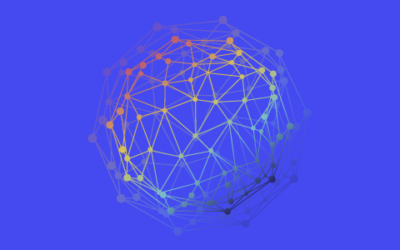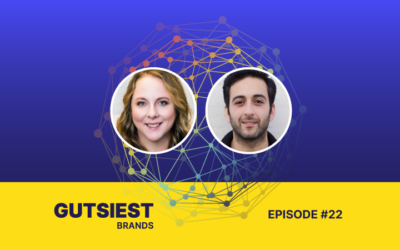How Agile is Paying Off in Software Development AND Market Research
For those of you who are new to this blog, you’re probably asking yourself, “What’s with this Agile stuff and how in the heck does it apply to market research?” I’m glad you asked, because the parallels (and promise) are compelling.
First a little background. According to VersionOne, Agile Software Development (ASD) involves fast, successive iterations of developed software, each informed and adapted based on continuous customer feedback. Agile also focuses on empowering people to collaborate and make decisions together, quickly and effectively.
Since its founding in 2001, Agile has become the de facto standard by which great software is developed. If there’s a modern piece of software, a web app, or a mobile app that you love using, chances are it was developed using Agile. Why? Because Agile allows developers to create equal to or better software, in less time and for less cost, than traditional methods like Waterfall. According to a study conducted by QSM Associates and sponsored by Rally Software in 2008 benchmarking 29 Agile software projects against a database of 7,500 projects.
Agile projects showed the following gains:
- Time: 37% faster time-to-market than average (50% when using the Rally online tool)
- Efficiency: 16% higher productivity than average (25% when using the Rally online tool)
- Quality: Defect rate equivalent to traditional methods despite the shortened time window
In the world of software development, these are game-changing metrics. It’s no wonder the Standish Group reports that projects using the Agile Methodology succeed three times more often than projects using other methods.
Here at GutCheck, we have seen the Agile Methodology applied to market research – or Agile Market Research – also yield game-changing results. We’ve applied and refined an Agile approach to thousands of market research projects, mostly in developing and optimizing products, ads, messaging, and packaging, and are seeing tremendous results. In terms of metrics, there’s not yet the body of data that there is with software development; however, the returns realized from our base of projects (compared traditional methods) is compelling.
According to Our Customers:
- Time: 2 – 3 weeks per multi-iteration project vs. 2 – 3 months using traditional methods
- Efficiency: 2 – 3x the sample of traditional methods (assuming same or less project budget)
- Quality: Comparable or better quality than traditional methods (because Agile research iterations, like their software cousins, refine in real-time based on past iterations; stringing several of these adaptive iterations together yields quality results)
Stay tuned – we’ll periodically update our metrics as we complete more projects and will have hard data on the Quality dimension in the not too distant future.
Interested in learning more? Request a demo today!
Want to stay up to date latest GutCheck blog posts?
Follow us on
Check Out Our Most Recent Blog Posts
When Vocation and Avocation Collide
At GutCheck, we have four brand pillars upon which we build our business. One of those is to 'lead...
Reflections on Season 1 of Gutsiest Brands
Understanding people is at the heart of market research. Sure, companies want to know what ideas...
Permission to Evolve with Miguel Garcia Castillo
(highlights from Episode #22 of the Gutsiest Brands podcast) Check out the latest lessons from our...
1-877-990-8111
[email protected]
© 2023 GutCheck is a registered trademark of Brainyak, Inc. All rights reserved.
© 2020 GutCheck is a registered trademark of Brainyak, Inc. All rights reserved.



